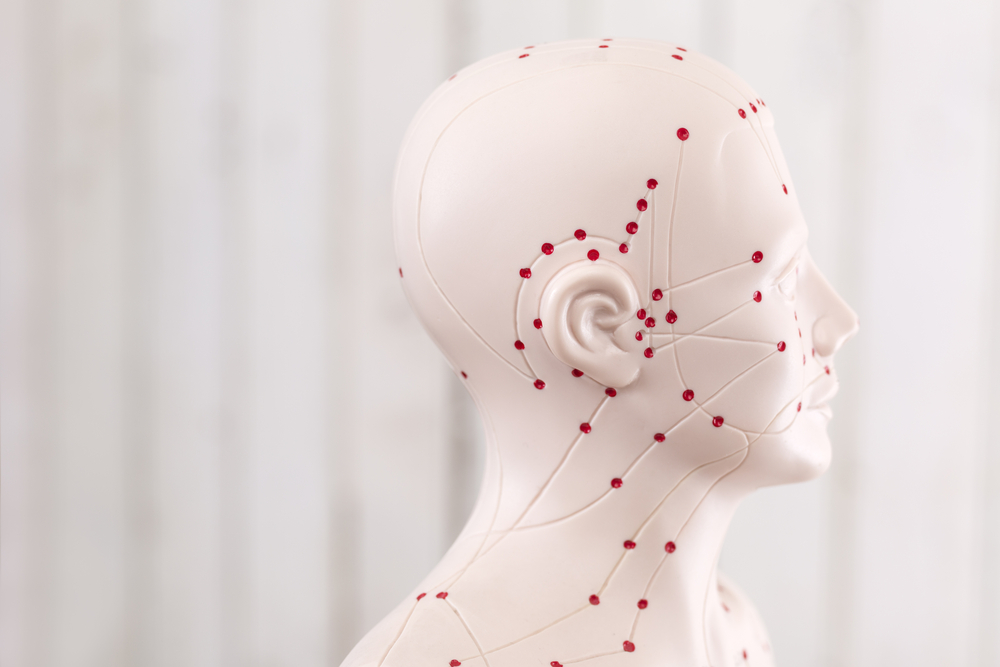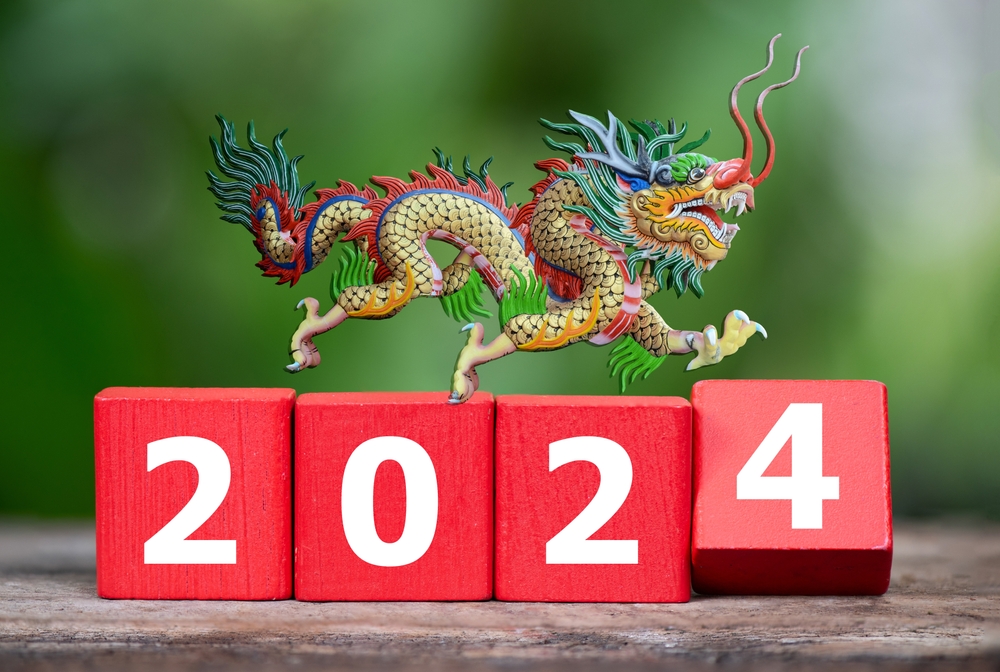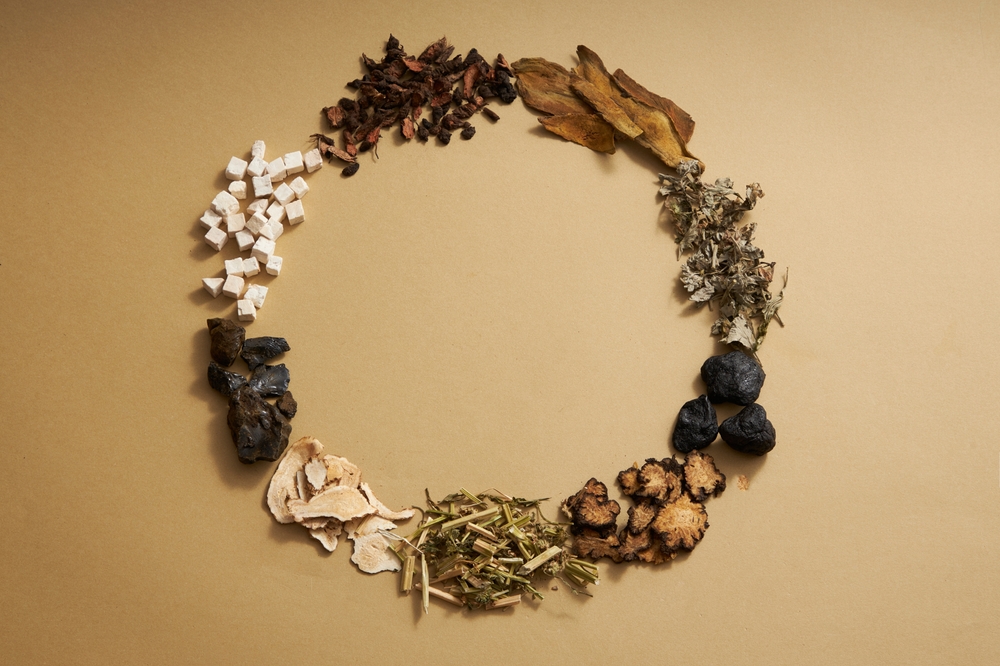If you are interested in studying Traditional Chinese Medicine (TCM) or are familiar with some of its practices, you may have heard of the term “meridian”. One of the key aspects of TCM, meridians are channels through which energy — known as Qi — flows in the body. In this blog, we’ll explore the basics of meridians, explaining what they are, why they are important and how they are treated.
What are meridians?
In Traditional Chinese Medicine, meridians are thought to be pathways or channels through which vital energy flows in the body. Meridians connect our various organs, tissues and physiological functions and are believed to be essential in maintaining health and balance.
There are 12 primary meridians in TCM, each associated with a specific organ and one of the five elements, wood, fire, earth, metal or water. There are also said to be 2 extraordinary vessels, that are secondary to the 12 meridians and play a crucial role in the regulation of Qi and overall balance in the body. These vessels are known as the Governing Vessel (Du Mai) and the Conception Vessel (Ren Mai).
Understanding Qi flow
According to TCM, Qi refers to any living thing’s life force or vital energy. The idea is popular not only in Chinese medicine but also in martial arts and Chinese philosophy. Qi is thought to circulate along specific pathways or meridians in the body, and imbalances or blockages in the flow of Qi are believed to contribute to poor health or feelings of negativity. Chinese medicine practitioners are trained to recognise blockages in Qi and recommend a treatment plan to address these issues.
Types of meridians
Let’s unpack the 12 meridians, their purpose in the body and what occurs when they are imbalanced:
-
- Lung Meridian: associated with the element of metal, the lung meridian is responsible for regulating the respiratory system. An imbalance in the Qi flow here may result in shortness of breath, coughing or other respiratory issues. It can also affect the skin, leading to conditions like eczema or excessive sweating.
- Large Intestine Meridian: this meridian is also associated with the metal element. The large intestine meridian governs digestion and influences the immune system. Imbalances can cause digestive issues and susceptibility to infection.
- Stomach Meridian: associated with the element of earth, the stomach meridian is responsible for digestion and the transformation of nutrients in the body. Imbalance may result in digestive problems, including indigestion, bloating, or a lack of appetite. Emotional symptoms such as worry or overthinking may also be present.
- Spleen Meridian: connected to the earth element, the spleen meridian governs the absorption of nutrients, influences the immune system and regulates blood circulation. Any imbalances may cause digestive issues, fatigue and weakened immune function. Similar to the stomach meridian, blockages in the spleen may cause emotional symptoms related to anxiety.
- Heart Meridian: associated with fire, the heart meridian governs blood circulation and controls consciousness. When this meridian is out of balance it may manifest in heart palpitations, insomnia, anxiety and depression.
- Small Intestine Meridian: also connected to the fire element, the small intestine regulates the flow of fluids in the body. An imbalance can result in abdominal pain or discomfort as well as emotional symptoms such as feelings of insecurity or indecision.
- Bladder Meridian: this meridian is associated with the element of water. The bladder meridian governs the removal of toxins from the body and influences the nervous system. Lack of balance here can lead to urinary problems and issues with the nervous system, which may lead to anxiety or restlessness.
- Kidney Meridian: also associated with the water element, the kidney meridian regulates testosterone levels and influences bone marrow and blood health. Blockages can impact reproductive health and bone health.
- Pericardium Meridian: connected to the fire element, the pericardium meridian is responsible for protecting the heart, ensuring proper function and emotional balance. When it is imbalanced, heart-related issues, emotional disturbances, or symptoms related to blood circulation may manifest.
- Triple Warmer Meridian: as the name suggests, this meridian is also associated with the fire element. The triple warmer meridian coordinates the activities and metabolism of the upper middle and lower body and promotes general wellness. Imbalance may affect the coordination of body functions, leading to issues with fluid metabolism or temperature regulation.
- Gallbladder Meridian: associated with the wood element, the gallbladder meridian controls the digestion of fats and regulates the removal and storage of toxins produced by the liver. Blockages in this meridian may result in digestive issues as well as emotional symptoms such as irritability or lack of courage.
- Liver Meridian: finally, the liver meridian, connected to the element of wood, is responsible for regulating the female reproductive system and the circulation of energy. It also maintains the flexibility of ligaments and tendons. Imbalances in this meridian can affect reproductive health and emotional wellbeing.
Treating imbalanced meridians
The balance of Qi is essential for maintaining health, and imbalances or blockages in the meridians are believed to lead to various health issues. TCM uses several approaches such as acupuncture, herbal medicine, cupping, Qi Gong and more to address these issues and promote well-being.
At SITCM, we are proud to offer affordable Traditional Chinese Medicine consultations and treatments to address Qi imbalance. Make an appointment at our teaching clinic to chat with our qualified TCM practitioners or if you’re interested in making a career in TCM, contact us to learn more about our Diploma or Bachelor level courses.








